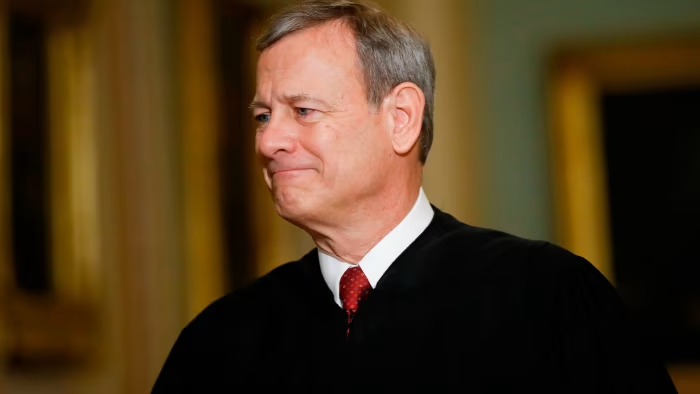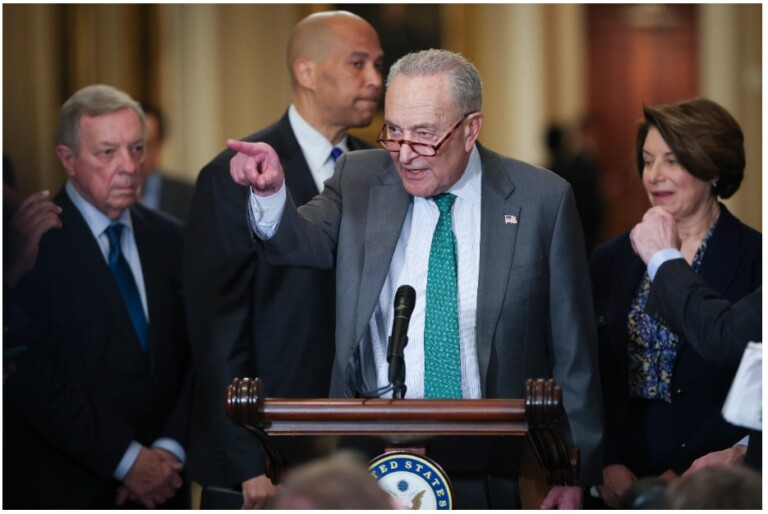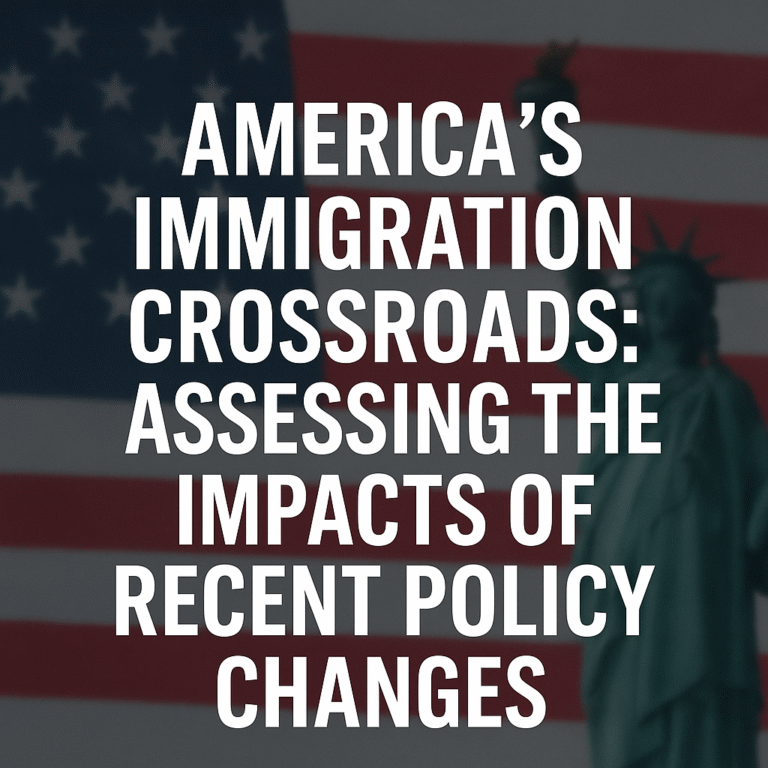Each year on the final Monday of May, Americans across the country pause to observe Memorial Day—a...
News
On April 9, 2025, U.S. stock markets experienced a significant surge following President Donald Trump’s announcement of...
In a week marked by economic turmoil, U.S. stock markets have experienced significant declines following President Donald...
In a major victory for democracy and judicial independence, Judge Susan Crawford has won the highly contested...
In a nation where the rule of law and constitutional order have stood the test of time,...
Haiti, the first Black republic in the world, was born from the blood, courage, and resilience of...
In the long and storied history of the United States, the nation has been a beacon of...
In a series of alarming moves, President Donald Trump has intensified his assault on democratic institutions, echoing...
In a move that has left many Americans disillusioned, Senate Democrats recently joined Republicans to pass a...
Recent developments in American politics have raised concerns about the potential erosion of democratic principles. Proposals to...













